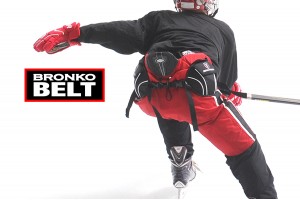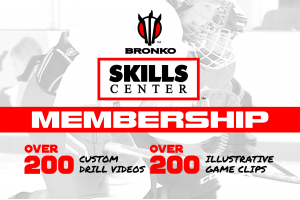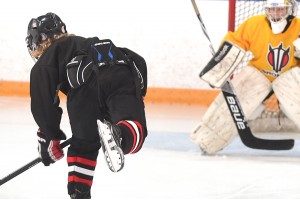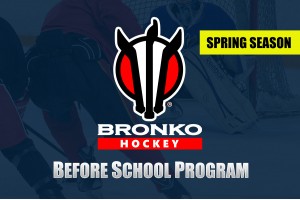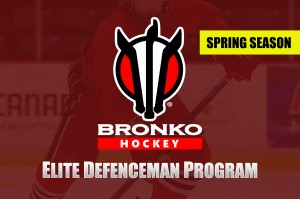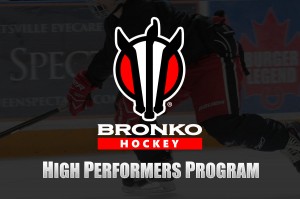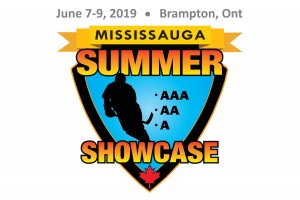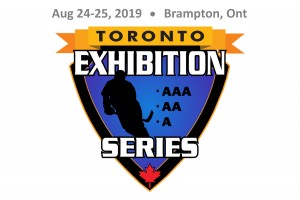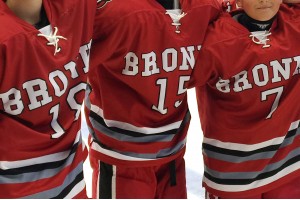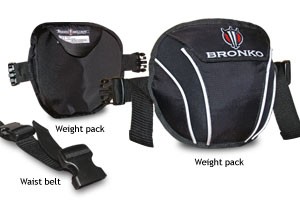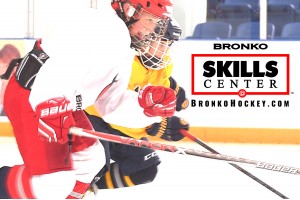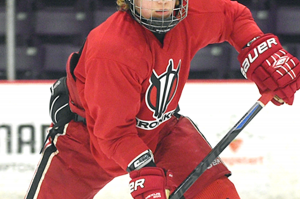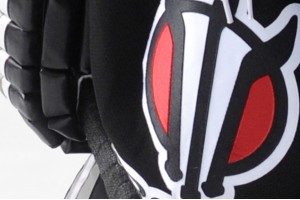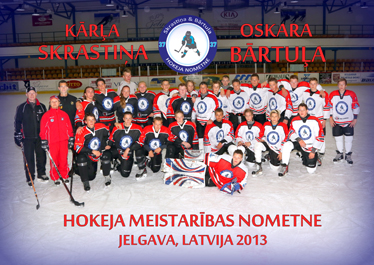
Over 100 players aged 7-17 participated in the camp this year, with players from Finland, Sweden, Russia and Belarus joining Latvian players at the two week camp.
Players trained both on- and off-ice daily under the direction of professional instructors from Canada, US, Sweden with Latvia. A rotating crew of Latvian national team players and KHL players from the area dropped in each day as well to offer advice, give tips and sign autographs.
"The camp offers players a chance to train with players from other countries and to work with some exceptional coaches that they might not normally get to work with," remarked Del Monte.
Grouped according to age and ability, the players train on-ice twice per day with a specific coach on skating, puck handling or shooting. As the camp progresses the training becomes more advanced and more game specific.
"At this camp, I work primarily on puckhandling and small area skills. At the start, we work on specific footwork patterns and puck control techniques that are essential to being smart and strong on the puck. We layer more advanced skills and tactics on top of those fundatmentals," Del Monte says. "We progress from skills in isolation to competitive 1 on 1s and into game-type situations by the end of camp. It's amazing to see the players' improvement by the end of camp."
Founded three year ago by Latvian former NHLers Karlis Skrastins and Oskars Bartulis, the camp has seen its enrollment grow each year. This year's camp had a long waiting list of players hoping to attend.
The camp takes place annually in the city of Jelgeva, located about 40 minutes from the capital city, Riga. Local Latvian players at the camp return home each night while players that have driven or flown in from greater distances stay at a hotel meters away from the arena.
Players work hard during off-ice sessions as well, working daily with different coaches to improve puck handling, body contact confidence and core strength and stability. Players also attend daily seminars with the lead instructors where topics being covered on the ice are reinforced and expanded upon using a white board and video. For the players it's an opportunity to ask questions and a chance to practice speaking English.
"It's a very good experience for the players," Del Monte said. "They're having fun, they're learning a lot about the game, they're meeting players and coaches from other parts of the world and, for a lot of them, they're visiting a new country. That's why the camp keeps growing."

